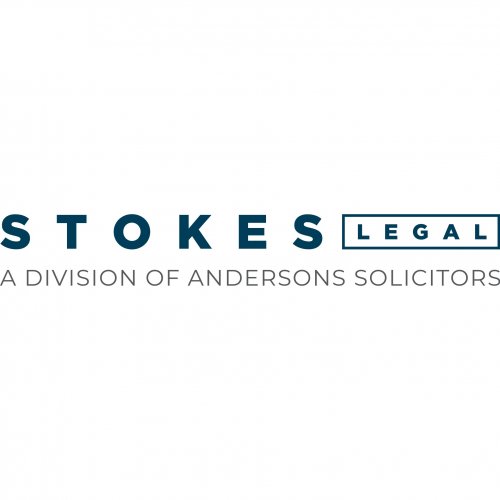Best Trusts Lawyers in Edwardstown
Share your needs with us, get contacted by law firms.
Free. Takes 2 min.
List of the best lawyers in Edwardstown, Australia
About Trusts Law in Edwardstown, Australia
Trusts law in Edwardstown, Australia, involves the legal framework that governs the creation, management, and termination of trusts. A trust is a legal arrangement where one party, the trustor, entrusts property or assets to another party, the trustee, to be managed for the benefit of a third party, the beneficiary. Trusts are often established for estate planning, to provide for minors or disabled individuals, or to manage and distribute a large estate. The scope of Trusts Law in Edwardstown is built on both state and national regulations, further interpreted through court rulings.
Why You May Need a Lawyer
You may need a lawyer in a range of scenarios involving trusts. For instance, you might require legal help when creating a trust as part of your estate plan, when you're named as a trustee and need advice on your legal obligations and duties, or if you're a beneficiary who wants to understand your rights. Moreover, in situations involving disputes over the trust's administration or distribution, having legal representation is crucial.
Local Laws Overview
Trusts in Edwardstown, Australia, are subject to both state and national laws. These include the Trustee Act 1936 (SA), which governs the duties and obligations of trustees, and the Income Tax Assessment Act 1936 (Cth), which regulates the taxation of trusts. Relevant local laws also include various court rules and regulations surrounding the resolution of trust-related disputes, distribution of assets, and management of trust assets.
Frequently Asked Questions
What are my obligations as a Trustee?
As a trustee, you have a fiduciary duty to act in the best interests of the beneficiaries. This includes properly managing trust assets, avoiding conflicts of interest, and following the directions of the trust deed.
Do I need a trust to pass assets on to my children?
A trust is not always necessary to pass assets on to your children. The best way to determine if a trust is right for your situation is to consult with a trusts lawyer.
How are trusts taxed in Australia?
Trusts are typically not taxed directly. Instead, the tax obligations are generally passed on to the beneficiaries. However, specific tax rules can get complex, so consult with a lawyer or accountant to understand the implications.
Can a trust be challenged or contested?
Yes, a trust can be challenged or contested in certain circumstances, such as if the trustor was unduly influenced or did not have the mental capacity at the time the trust was created.
What types of trusts are there?
In Australia, there are several kinds of trusts including discretionary trusts, unit trusts, testamentary trusts, and charitable trusts, each serving different purposes and having different conditions and rules.
Additional Resources
The Law Society of South Australia provides legal resources and can connect you with lawyers specialising in trusts. Government websites like the Australian Taxation Office and the South Australian Courts also have a wealth of information about trust law.
Next Steps
If you need legal assistance in trusts, the first step is to engage a lawyer who specialises in trusts law. The lawyer can provide guidance and representation specific to your needs and circumstances, ensuring that your rights and interests are protected.
Lawzana helps you find the best lawyers and law firms in Edwardstown through a curated and pre-screened list of qualified legal professionals. Our platform offers rankings and detailed profiles of attorneys and law firms, allowing you to compare based on practice areas, including Trusts, experience, and client feedback.
Each profile includes a description of the firm's areas of practice, client reviews, team members and partners, year of establishment, spoken languages, office locations, contact information, social media presence, and any published articles or resources. Most firms on our platform speak English and are experienced in both local and international legal matters.
Get a quote from top-rated law firms in Edwardstown, Australia — quickly, securely, and without unnecessary hassle.
Disclaimer:
The information provided on this page is for general informational purposes only and does not constitute legal advice. While we strive to ensure the accuracy and relevance of the content, legal information may change over time, and interpretations of the law can vary. You should always consult with a qualified legal professional for advice specific to your situation.
We disclaim all liability for actions taken or not taken based on the content of this page. If you believe any information is incorrect or outdated, please contact us, and we will review and update it where appropriate.








